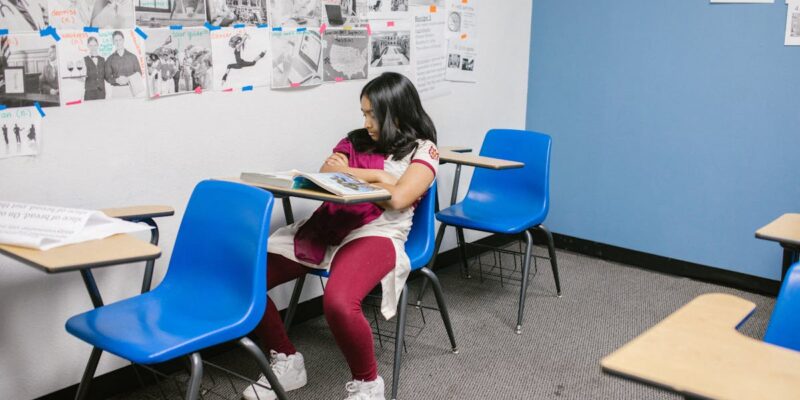Creating a dedicated study area for your child can make a significant difference in their focus, organisation, and overall learning experience. A well-thought-out study space encourages concentration and helps develop productive habits from an early age. Here are some tips to help you set up the perfect environment for your child’s learning, inspired by the teachings of this private girl’s school.
Choose the Right Location
Selecting the right location is the first step in creating an effective study space. Ideally, the area should be quiet, well-lit, and free from distractions. Avoid spaces near the television or busy household areas. A corner of a bedroom or a small home office can work perfectly. Make sure the location allows your child to work independently while still being close enough for occasional guidance.
Invest in Functional Furniture
Comfortable and practical furniture is essential for maintaining focus. Choose a desk and chair suitable for your child’s height to promote good posture. Adjustable chairs can grow with your child, and a desk with drawers or shelves helps keep essential supplies organised. If space is limited, consider a foldable desk or a wall-mounted workstation to maximise the area.
Ensure Proper Lighting
Lighting plays a crucial role in maintaining concentration and preventing eye strain. Natural light is ideal, so try to position the study area near a window. If this isn’t possible, invest in a bright, adjustable desk lamp. Avoid harsh fluorescent lighting and ensure the light is evenly distributed across the workspace.
Keep it Organised
An organised study space helps your child stay focused and reduces distractions. Use storage solutions such as drawers, boxes, or desk organisers for stationery, books, and supplies. Labelled containers can make it easier for your child to locate items quickly. Encourage your child to tidy the space at the end of each study session, reinforcing good organisational habits.
Personalise the Space
Adding a personal touch can make the study area inviting and motivating. Let your child choose a few decorations, such as colourful stationery, a favourite poster, or a small plant. Personalisation should not clutter the space but should inspire creativity and make the area feel like their own learning zone.
Minimise Distractions
Distractions can quickly derail a study session. Keep electronic devices, unless required for study, out of reach. If your child uses a computer or tablet for homework, ensure apps and websites unrelated to learning are blocked during study time. A clutter-free desk, combined with a calm environment, will help your child maintain focus.
Establish a Routine
Finally, a dedicated study space works best when combined with a consistent routine. Encourage your child to use the space at regular times each day, creating a clear separation between learning and leisure. Consistent use of the space reinforces a positive study habit, making homework and learning feel more structured and manageable.











